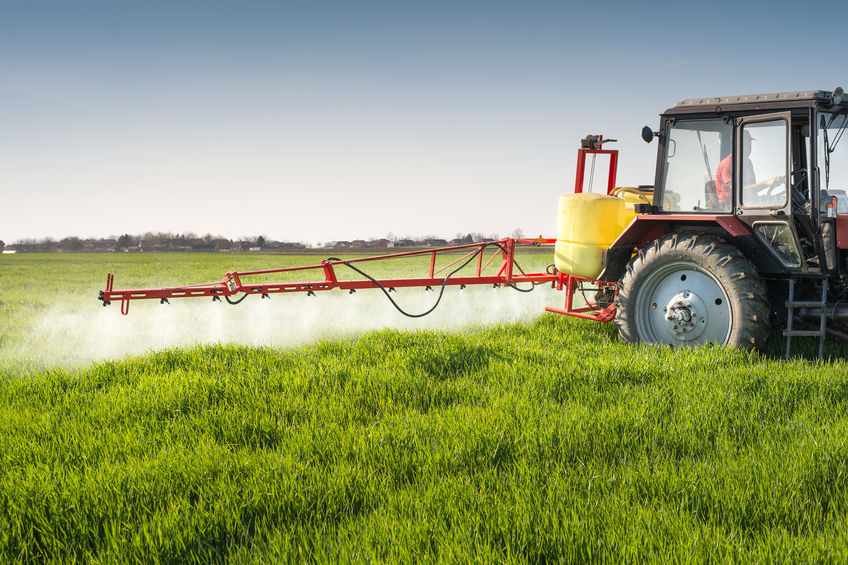
Green MEPs have received test results confirming the presence of weedkiller glyphosate in their urine.
Glyphosate is the world’s most widely used herbicide. Scientific opinion on it is divided, however, the World Health Organisation confirmed last year that the substance is "probably carcinogenic" to humans.
Keith Taylor, MEP for the South East, Molly Scott Cato, MEP for the South West, and Jean Lambert, MEP for London, were among a group of 48 MEPs that took part in a urine test ahead of the European Parliament vote last month to oppose the EU Commission’s proposal to relicense the controversial toxic substance until 2031.
The inspiration behind what was labelled the #MEPee test was the results of a recent study in Germany which found that 99.6% of people tested were found to have glyphosate residue in their urine.
The results reveal that every MEP tested has been found to have glyphosate traces in their urine, with the average concentration being 1.73ng/ml.
That level is more than 17 times the safe limit for drinking water. The lowest level found among the group was 0.17ng/ml, almost double the safe level.
Keith, Molly, and Jean have written to Liz Truss urging the UK government to respect the decision of the European Parliament when it is asked to vote on re-approval next week.
Keith Taylor, a member of the European Parliament’s Environment and Health Committee whose personal test results show a glyphosate contamination level of 0.4 ng/ml, said:
"The urine test might seem like an attention-grabbing stunt, but it has proven our worst fears about glyphosate.
"I, and every one of my colleagues, have been found to be contaminated by the controversial substance, at levels far higher than those deemed safe for drinking water.
"This is rather worrying considering the World Health Organisation has concluded, following a comprehensive review of the published scientific data, this toxic substance is 'probably carcinogenic'.
"That's why I am calling on the European Commission to consider not only the widespread opposition to reapproving the weedkiller but also just how prevalent it is in our environment."
'Fundamental' that the agricultural sector is able to use glyphosate
However, the European Parliament voted in favour of re-authorising the use of glyphosate last month, but limited this approval to seven years.
Glyphosate’s current European license was set to expire in June, but following last month's vote, it has been granted authorisation until 2023.
Nearly 700 MEPs voted on the licensing of glyphosate and the vote was passed by 374 votes in favor to 225 votes against.
The NFU said it was pleased with the result, following intense discussions on the importance of the herbicide between the NFU President and MEPs in Strasbourg and letters sent to MEPs from the farming community.
NFU President Meurig Raymond said: "It’s fundamental that the agricultural sector is able to use glyphosate responsibly in order to produce healthy products across the sector entering the food chain, reduce our greenhouse gas emissions and continue to farm sustainably.
"We prioritised meeting with MEPs ahead of the vote in Strasbourg this week to make absolutely sure that they are aware of the importance of glyphosate for farming and adding balance to any skewed views on the issue.
What is glyphosate?
Glyphosate is an active substance widely used in herbicides.
Patented in the early 1970s, it was introduced to the consumer market in 1974 as a broad-spectrum herbicide and quickly became a best seller.
Since its patent expired in 2000, glyphosate has been marketed by various companies and several hundred plant protection products containing glyphosate are currently registered in Europe for use on crops.
